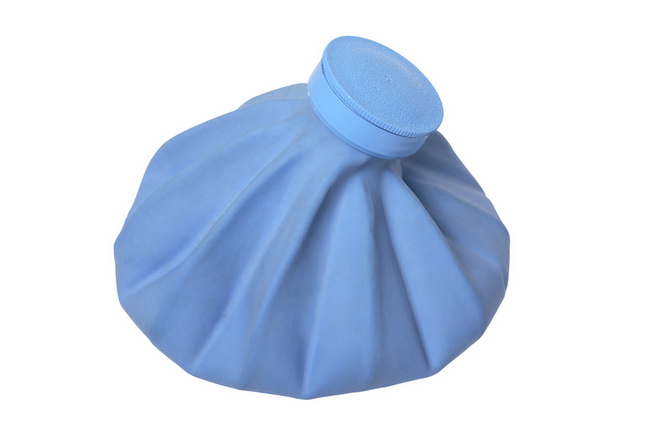- Make It Yourself Lavender Heart-Shaped Bath Bombs!
- 20 Things You Never Knew About “Down There”
- 12 Best Foods For Those Suffering From Arthritis Pain
- 12 Personal Hygiene Mistakes Almost Everyone Makes (Mom Never Told You About #4!)
- 15 Medicinal Plants And Herbs From The Cherokee People
- 12 Mind-Blowing Benefits Of Drinking Coconut Water During Pregnancy
- 12 Outstanding Winter Foods That Won’t Fatten You Up Like A Christmas Turkey
12 Natural Ways to Stop Edema Fast! (# 6 is So Good for You!)

Photo credit: bigstock.com
10. Coriander Seeds
Like flaxseeds, coriander seeds (sometimes called cilantro seeds) are highly anti-inflammatory and encourage good blood circulation. Coriander seeds reduce the pain and swelling by removing excess fluid from the body.
Mix three tablespoons of coriander seeds in one cup of boiling water. Continue to boil until the water is reduced by half. Strain out the seeds, and then drink this tea when it is cool. Drink two cups of this tea daily for best results.
11. Cold Pack
If you have edema due to an injury, such as a sprain or fracture, a simple ice pack will help reduce the swelling in many cases. Use a bag of frozen veggies or place some crushed ice in a plastic bag, and wrap in a clean towel. Apply to the affected area for 10 minutes, then remove for 10 minutes. Repeat until the swelling has subsided. Never place an ice pack directly on the skin, as you can give yourself frostbite!
SEE ALSO: 18 Home Remedies for Varicose Veins
12. Mustard Oil
Warm mustard oil is an old-fashioned but effective method of relieving the swelling of edema. It has natural analgesic compounds that will help stop the pain and should relieve the swelling and inflammation. Don’t use the type of mustard that you put on your hot dog or hamburger — that is prepared mustard. What you want to use is mustard oil. Warm a bit of mustard oil on the stove or in the microwave, and apply to the affected area. Rub it in gently for about five minutes, and then allow it to sit for another five minutes before rinsing it off. Repeat this twice a day until the swelling subsides.
Extra Tips:
- Stop smoking until your edema has subsided.
- Don’t drink alcohol until the edema has subsided.
- Try compression stockings at night to prevent fluid buildup.
- Take vitamin B6 supplements (50 mg) twice each day
- Eat plenty of high potassium foods such as bananas, raisins, white beans and tomatoes to remove excess salt from the body.
References:
































